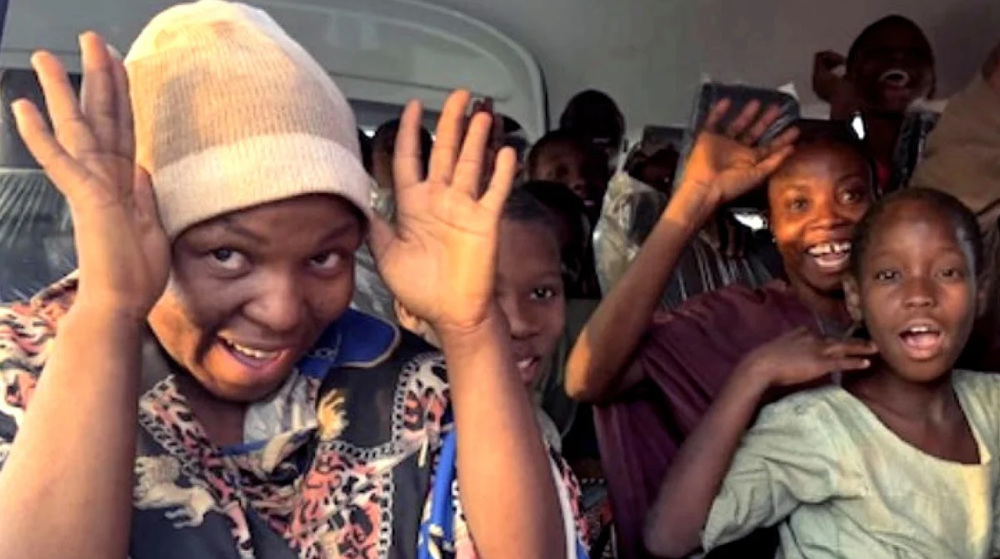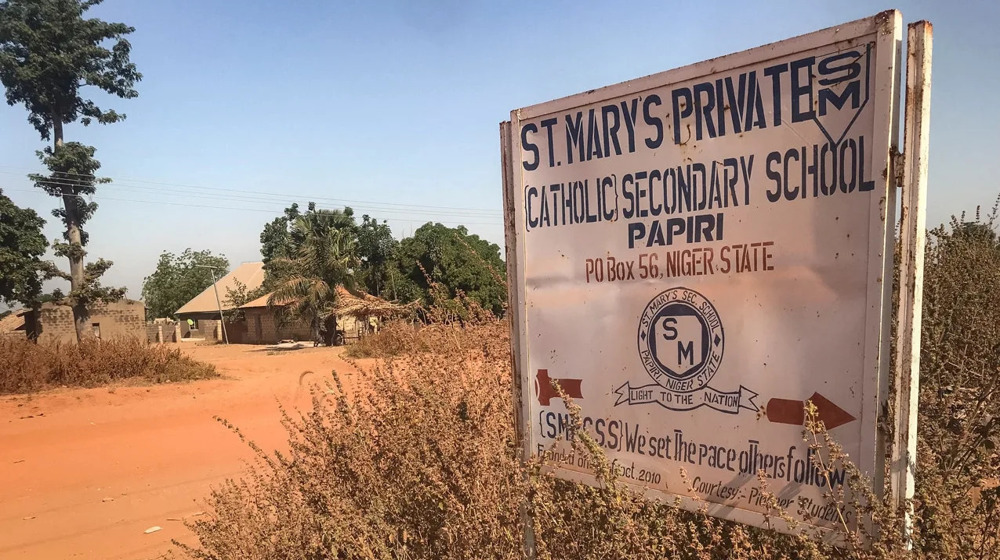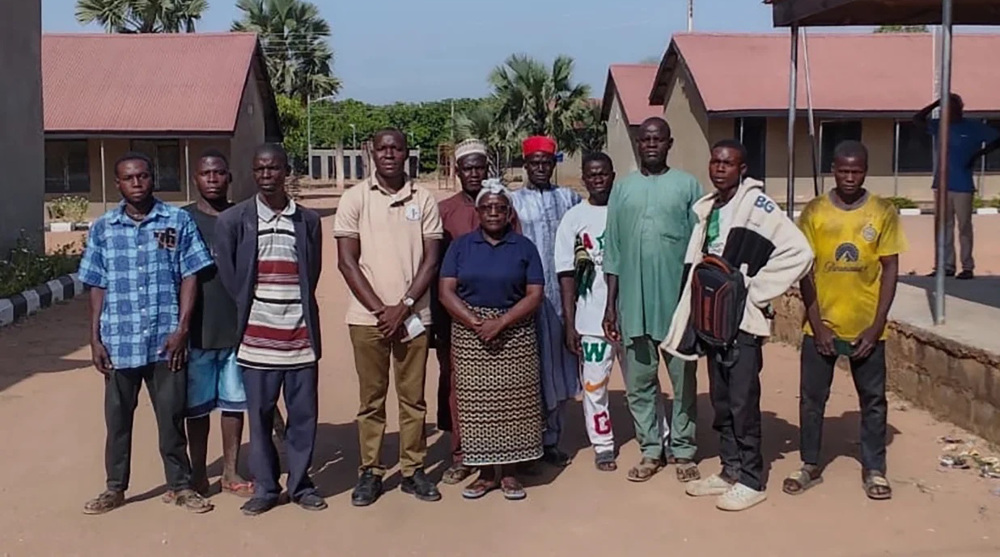Doctors Without Borders says northeastern Nigeria 'close' to famine
Doctors Without Borders says the violence-wracked northeastern region of Nigeria is "close" to famine and must be declared a "top emergency" by the United Nations.
The charity group, also known as the MSF by its French acronym, on Wednesday urged the UN to set up emergency food transports to the area, where up to 800,000 civilians have been cut off for over a year due to the ongoing violence by the Boko Haram Takfiri militants.
The MSF said a UN "top emergency" designation would immediately mobilize more resources to a crisis that has not received nearly enough attention.
Bruno Jochum, director of MSF Switzerland, told a news briefing in Geneva that a humanitarian disaster is unfolding across the region.
"The situation is a large-scale humanitarian disaster.... There is a vital need to have a food pipeline in place to save the population that can be saved," Jochum said, adding, "We are talking at least about pockets of what is close to a famine."
MSF emergency program manager Hugues Robert also said some cities in the northeast had gone up to 18 months without any humanitarian deliveries before aid agencies and the UN arrived in June.
"What was extremely shocking was the level of severe acute malnutrition," he told reporters in Geneva after returning from Borno state, the epicenter of the Boko Haram militancy. He also said communities faced "close to a famine situation" in the troubled region.
On June 22, the MSF announced that nearly 200 internally displaced persons, including children, who had fled attacks by Boko Haram in northeastern Nigeria, had lost their lives at a camp over the past month, citing the lack of food and dehydration.
Reports indicate that ongoing clashes between Boko Haram and Nigerian troops in the country’s northeast have made travel unsafe and farmers have not planted crops for 18 months, resulting in the aggravation of the food and health crisis in the region.

Boko Haram has intensified its campaign of terror since President Muhammadu Buhari came to power in Nigeria in May 2015.
An estimated 20,000 people have been killed and more than 2.6 million others made homeless since the beginning of the Boko Haram militancy in 2009.
The group has pledged allegiance to the Takfiri Daesh terrorist group.
‘He raped me’: New trove of Epstein files reveals why Trump tried to bury them
Iran halts gas exports to Iraq amid surge in domestic demand
Belgium files to intervene in South Africa’s ICJ genocide case against Israel
Netanyahu appears in court for 65th time in ongoing corruption trial
Iran's government submits $111bn budget bill for year 1405
1.6 million Palestinians face acute food insecurity in Gaza: UNRWA
VIDEO | Free the Palestine hunger strikers in British jails ft. Calla Walsh
VIDEO | Press TV's news headlines














 This makes it easy to access the Press TV website
This makes it easy to access the Press TV website